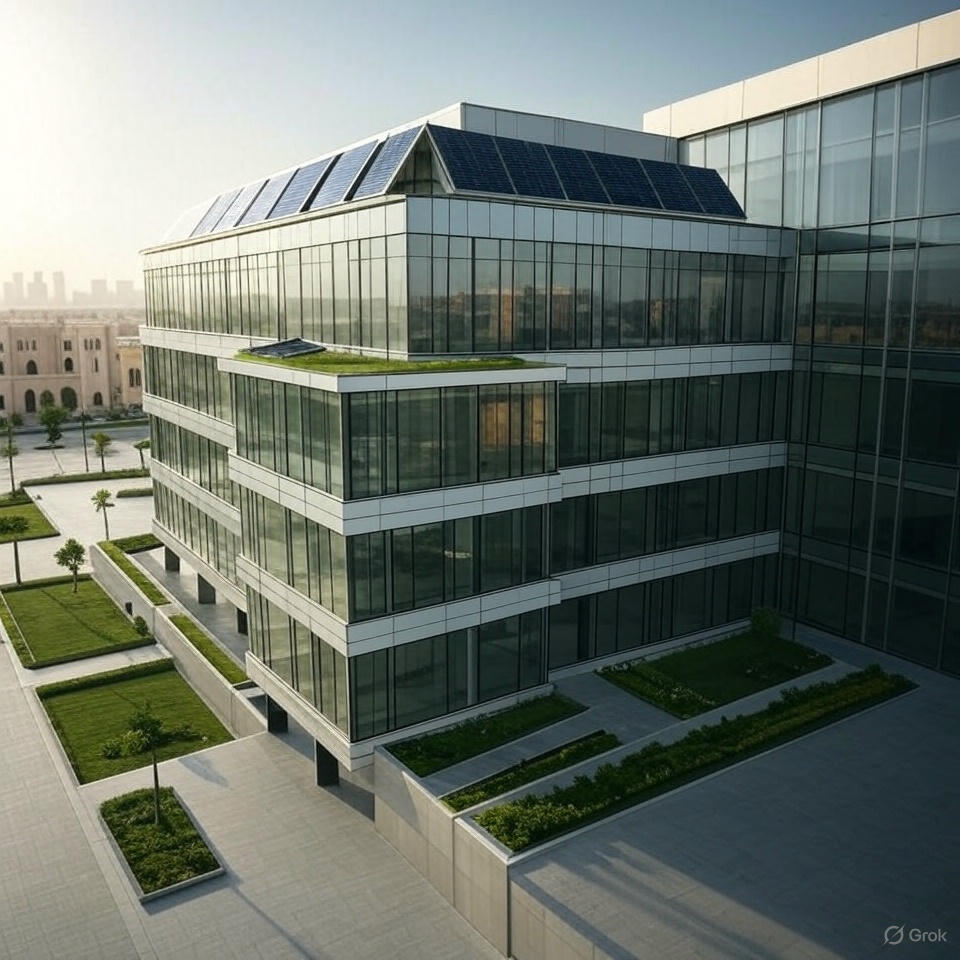Smart Property Solutions UAE
Smart Property Solutions in the UAE are revolutionizing the real estate and property management industries. As one of the fastest-growing hubs for technology and innovation, the United Arab Emirates has embraced smart technologies to enhance how properties are bought, sold, rented, and maintained. The integration of artificial intelligence (AI), the Internet of Things (IoT), and data analytics has created a new ecosystem of intelligent property management that benefits owners, tenants, developers, and investors alike.
In recent years, the UAE has witnessed a digital transformation across all sectors, and the real estate industry has not been left behind. Smart property solutions refer to the use of advanced technologies to improve the efficiency, security, comfort, and sustainability of real estate assets. These solutions can range from AI-powered property listings and virtual tours to smart building automation systems and predictive maintenance tools.
The real estate market in the UAE is diverse and dynamic, with significant demand from both domestic and international investors. Cities like Dubai and Abu Dhabi are at the forefront of implementing smart property technologies. These cities have set global benchmarks in adopting tech-enabled infrastructure, sustainable construction practices, and data-driven decision-making in property development and management.
Smart homes and smart buildings are becoming increasingly popular across residential and commercial segments. These properties are equipped with interconnected devices that offer automation and remote control over various systems such as lighting, heating, cooling, security, and entertainment. This connectivity enhances the quality of life for residents and provides property managers with real-time insights to optimize performance and reduce operational costs.
One of the most significant impacts of smart property solutions is in the area of energy efficiency and sustainability. Smart energy systems can monitor and control electricity usage, water consumption, and air quality. This results in reduced utility bills and supports the UAE’s broader vision of creating sustainable cities and reducing carbon emissions as part of its Net Zero 2050 strategy.
Property management companies in the UAE are increasingly adopting cloud-based platforms to streamline operations. These platforms offer centralized dashboards for tracking maintenance schedules, handling tenant communications, processing rental payments, and managing documentation. Automation of routine tasks not only saves time and resources but also minimizes the chances of human error.
The role of artificial intelligence in smart property solutions cannot be overstated. AI algorithms are used to predict market trends, analyze property values, match clients with suitable properties, and provide personalized recommendations. Chatbots and virtual assistants enhance customer service by providing instant responses to inquiries and guiding users through the property selection process.
Another vital aspect of smart property solutions is the integration of blockchain technology. Blockchain enhances transparency and security in property transactions. Smart contracts can automate lease agreements, track ownership, and prevent fraudulent activities. This is particularly important in the UAE, where real estate investments attract a large volume of international buyers seeking secure and efficient transactions.
In the commercial real estate sector, smart office buildings are becoming the norm. These buildings are equipped with occupancy sensors, climate control systems, and smart lighting that respond to real-time data. This not only improves employee productivity and satisfaction but also aligns with corporate sustainability goals.
Smart city initiatives by UAE authorities further bolster the adoption of smart property solutions. Projects like Dubai Smart City and Abu Dhabi’s digital transformation strategy aim to integrate smart technologies across all urban infrastructure, including housing, transportation, utilities, and public services. These government-led initiatives provide the necessary regulatory support, funding, and partnerships to accelerate innovation in the property sector.
Virtual and augmented reality are also playing a crucial role in smart property marketing and sales. Potential buyers and renters can take immersive virtual tours of properties from anywhere in the world. This technology eliminates the need for physical visits, saves time, and offers a more engaging experience for clients.
The rental market in the UAE is also benefiting from smart solutions. Landlords can use smart locks for keyless entry, install sensors to detect leaks or smoke, and use apps to communicate with tenants. Tenants, in turn, enjoy greater control over their living environment, prompt maintenance responses, and seamless digital interactions with property managers.
Security is another major advantage of smart property technologies. Advanced surveillance systems, facial recognition, and biometric access control ensure a safer living and working environment. These systems can be monitored remotely and integrated with emergency response services, providing peace of mind for residents and business owners alike.
Despite the numerous benefits, the adoption of smart property solutions in the UAE also faces certain challenges. These include high initial costs, concerns about data privacy, the need for skilled professionals, and compatibility issues among various systems. However, ongoing technological advancements and increasing awareness are steadily addressing these barriers.
As more developers, investors, and consumers recognize the value of smart property solutions, the market is expected to grow rapidly. Real estate companies are partnering with tech firms to create tailored solutions that meet specific market needs. From smart villas in gated communities to intelligent high-rise towers, the landscape of UAE real estate is evolving swiftly.
The hospitality industry is another segment experiencing a digital transformation. Smart hotel rooms allow guests to control room settings via mobile apps or voice commands. Automated check-in/check-out systems, AI-based concierge services, and personalized guest experiences are setting new standards in customer satisfaction.
Moreover, smart property solutions are enhancing the financial aspects of
